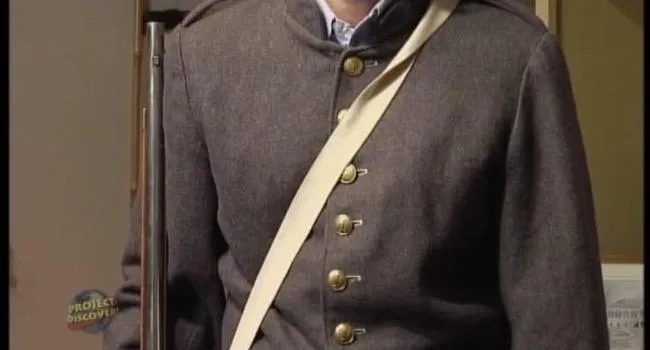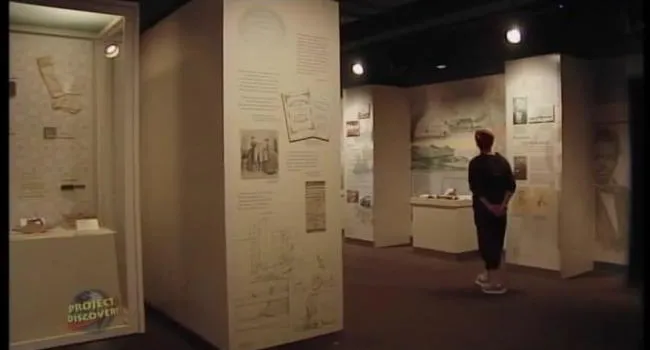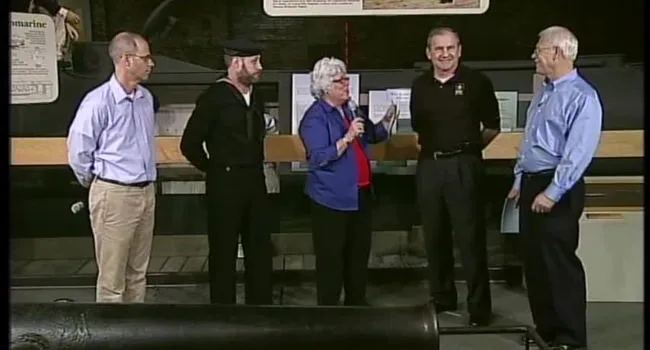A group of Columbia businessmen met one afternoon, raised the money, bought the acreage, and made a gift to the federal government of the land on which the camp was to be built. On June 2, 1917, Camp Jackson was established. Just 11 days after the construction contract was signed, the first trainees arrived. Tram rails and railways had to be constructed, along with barracks, mess halls, auditoriums, stables for horses, an air field all had to be built quickly. Nothing was permanent, but hundreds of buildings went up, and three months after the start of construction, some 8,000 more draftees came to the camp.
Educated and ambitions, a new generation was emerging with the means to create a new way of life. There was hope that the war might serve as a platform for advancing civil rights for African Americans. Some came barefooted and tattered, but the 371st infantry also included a number of very literate, accomplished men who came as a result of the Selective Service Act. They proved that they were adaptable and flexible, and were given accolades for being the smartest-dressed and drilled unit at Camp Jackson. At first, the Army didn't intend to send these men into battle, but the demand in France for troops, and the confidence of the officers and their men, put the 371st in the center of the action. Not allowed to fight alongside white Americans, they were reassigned to the French Army. Armed with weapons they hadn't trained to use, they faced tough fighting in the trenches. They rose above that, and proved quite decisive in the French campaign against the Germans. Their bravery earned them a city-wide welcome home.








